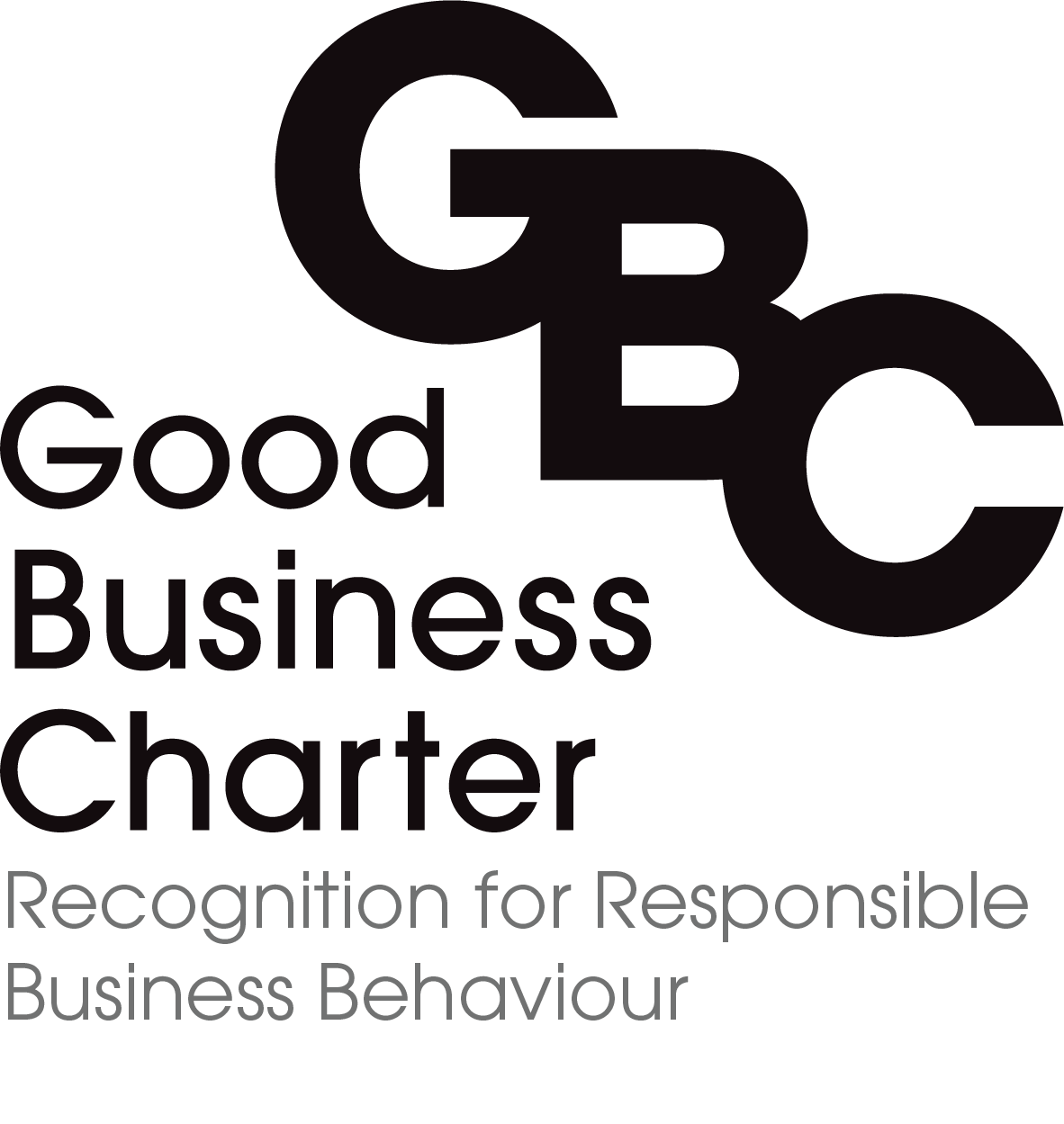So what is inhibiting feedback?
There is a huge amount we can all learn from our staff, our team and our customers – but too often things go unsaid and lessons stay unlearned. The following are a just a three stats in the area – but you can find plenty more:
- Roughly 35% of staff engaged, 61% neutral, 4% disengaged – but most don’t tell you they just leave
- 46% of nurses in the NHS feel they cannot raise issues.
- Over 90% of dissatisfied customers don’t complain – but tell an average 10 others.
If we understand some of the inhibitors to open communications then maybe we can sort them. A few of the key reasons are:
- Fear of consequences – including alienation from colleagues
- Trust (or lack of it)
- Belief in ability to influence outcomes
- Human nature
Fear of Consequences
Safety is key to most people and is indeed the second tier of Maslow’s hierarchy of needs (the first level beyond basic physiological needs) and fear is its opposite. Workplace fear comes in many guises including fear that my job or prospects will be affected – I may be side-lined or even dismissed. This can also lead to fear of financial consequences – will I find myself out of a job possibly with a permanent blemish on my career. Financial security is a key motivator and potential loss of security a major worry (a concern brought into sharper focus when HSBC estimates 8.8m British house-holds have less than £250 cash savings to fall back on).
Fear of Alienation from Colleagues
Milliken et. al termed this as “fear of being viewed or labelled negatively and as a consequence damaging valued relationships”. If you are working alongside people every day, have a strong sense of how you are perceived by your colleagues or by those with a high degree of perceived influence over your role or future this will have an impact on how openly you raise things.
Trust (Or Lack Of it) in Your Manager or Management in General
According to a CIPD survey across public, private and voluntary sectors in 2013, one in three employees rated trust in managers as weak. Overall only 6% rated trust as very strong – and to raise sensitive issues a high degree of trust is often necessary.
Other surveys have shown the level of trust between employees and senior management increases with employee’s seniority, but managers can easily forget what it was like to be a more junior employee.
Suggested reasons for the “trust deficit” are management actions inconsistent with the mission and vision of the organisation, an emphasis on productivity and achievement at all costs, excessive turnover and continuous change, leaders who use ambiguity in their promises, managers who make promises that are not fulfilled, being economical with the truth and management that does not observe sanctions when trust is violated.
Suggested reasons for the “trust deficit” are management actions inconsistent with the mission and vision of the organisation, an emphasis on productivity and achievement at all costs, excessive turnover and continuous change, leaders who use ambiguity in their promises, managers who make promises that are not fulfilled, being economical with the truth and management that does not observe sanctions when trust is violated.
Human Nature
Many people just don’t like to speak out openly. This could be to do with where you sit on the extrovert introvert spectrum (although that is a little more complex that that alone). Even engaged and motivated staff can be shy or struggle to express themselves big groups or in stressful situations.
Lack of belief anything positive will be done
If we accept that raising issues, or ideas, can have barriers, these will only be overcome if the benefits outweigh the risks. Dependent on the situation, this will be benefits for the individual, the organisation or others (such as in a medical situation patients present or future). If there is a belief by people that little or nothing will be done as a result of raising an idea or concern then it is unlikely that the perceived outcomes will outweigh the benefits.
Neglecting an understanding of any of the above motivators is almost certain to condemn your attempts at creating an open culture, and benefiting from valuable feedback, to failure. After all understanding is the first step on the road to changing.
Neglecting an understanding of any of the above motivators is almost certain to condemn your attempts at creating an open culture, and benefiting from valuable feedback, to failure. After all understanding is the first step on the road to changing.
A safe and secure way for your people to anonymously raise concerns via phone, tablet, or PC, ensuring you are aware of any workplace issues and can respond quickly and accordingly
A secure online place to record, track, update, and report on all speaking up matters, whether raised through WorkInConfidence or directly.
Easily set up, run and interpret surveys on engagement, respect, wellness or other topics to ensure you always understand your people, their needs and motivations.
Demonstrate your commitment to collaboration with discussion boards to accelerate employee engagement and gain greater insights – anonymous if required.
Subscribe for insights
Get actionable employee listening insight & resources, direct to your inbox





